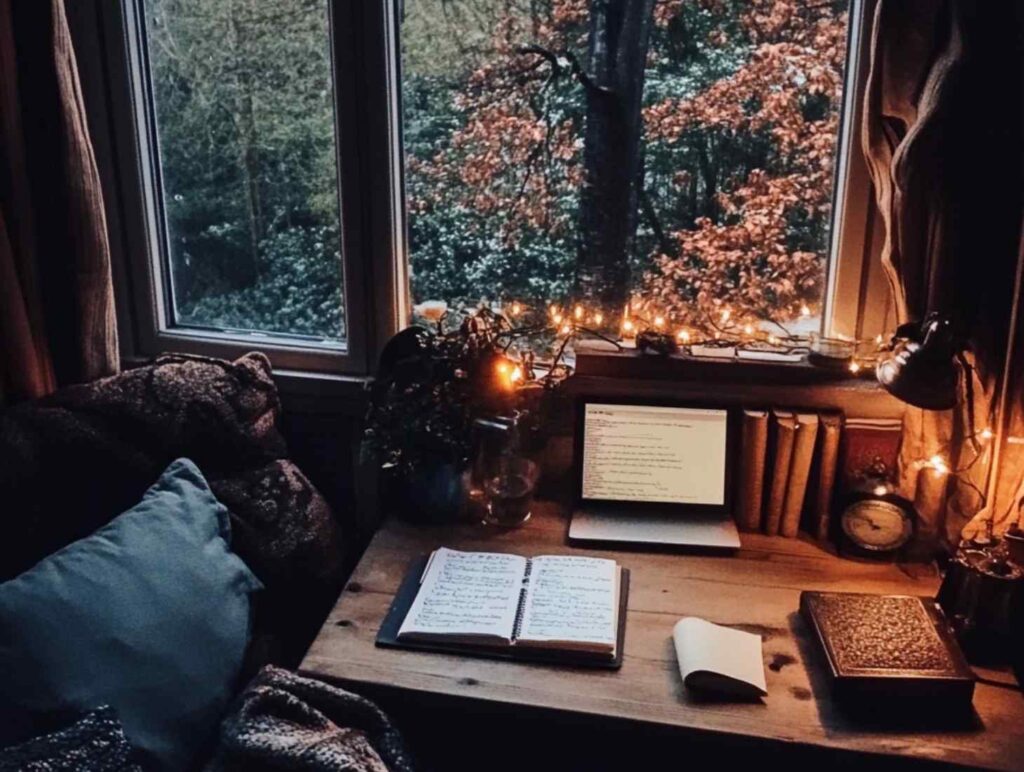Ever found yourself staring at a blank page, the cursor blinking like a taunting metronome?
It’s a common plight for writers—a moment where creativity seems to have taken a vacation.
But fear not! Just as every storm has its rainbow, every writer can find their muse again.
Whether you’re a seasoned novelist or a budding poet, learning how to find writing inspiration can be your ticket to unlocking a treasure trove of ideas.
Let’s embark on this journey together and transform those creative blocks into stepping stones.
Understanding Writer’s Block
Writer’s block is akin to a mysterious fog that descends without warning, obscuring the vibrant landscape of creativity that once lay before you.
It’s a common hurdle in the writing world, often wrapped in myths and misconceptions. To navigate this fog, one must first understand it.
What is Writer’s Block?
Writer’s block is more than just a pause in your writing; it’s a psychological struggle that can manifest as self-doubt or fear of inadequacy.
It’s not a lack of ideas but an inability to bring them to life.
This phenomenon can feel like an insurmountable wall, but recognizing it as a temporary barrier can be the first step towards overcoming it.
Common Causes of Writer’s Block
Several factors can contribute to this creative paralysis. Perfectionism is a major culprit, where the fear of not meeting high standards stifles the flow of ideas.
External pressures, such as deadlines or criticism, can also weigh heavily on a writer’s mind.
Additionally, personal issues or a lack of motivation can exacerbate the block, making it seem impossible to break through.
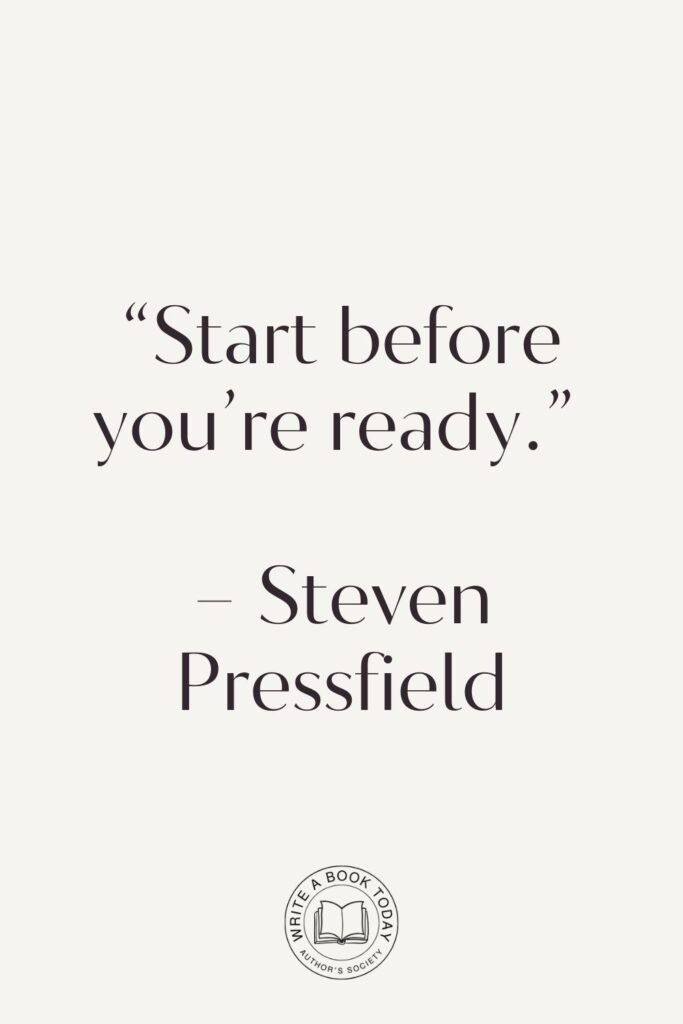
Proven Strategies to Find Writing Inspiration
Once you’ve identified the roots of your writer’s block, it’s time to employ strategies that can reignite your creative spark.
Here are some tried-and-tested methods to help you find writing inspiration and get back on track.
Embrace the Power of Freewriting
Freewriting is a liberating exercise where you write continuously for a set period without worrying about grammar or coherence.
This method helps bypass the inner critic and allows your thoughts to flow freely, often uncovering hidden gems of inspiration.
Set a timer for ten minutes and write without stopping. Let your stream of consciousness guide you, and don’t worry about making sense.
You might be surprised at the creative ideas that emerge from this exercise.
No marketing platform? No social following? No problem!
Publisher Rocket helps you market your debut novel like a pro.
It’s a gamechanger for debut authors – try it today!

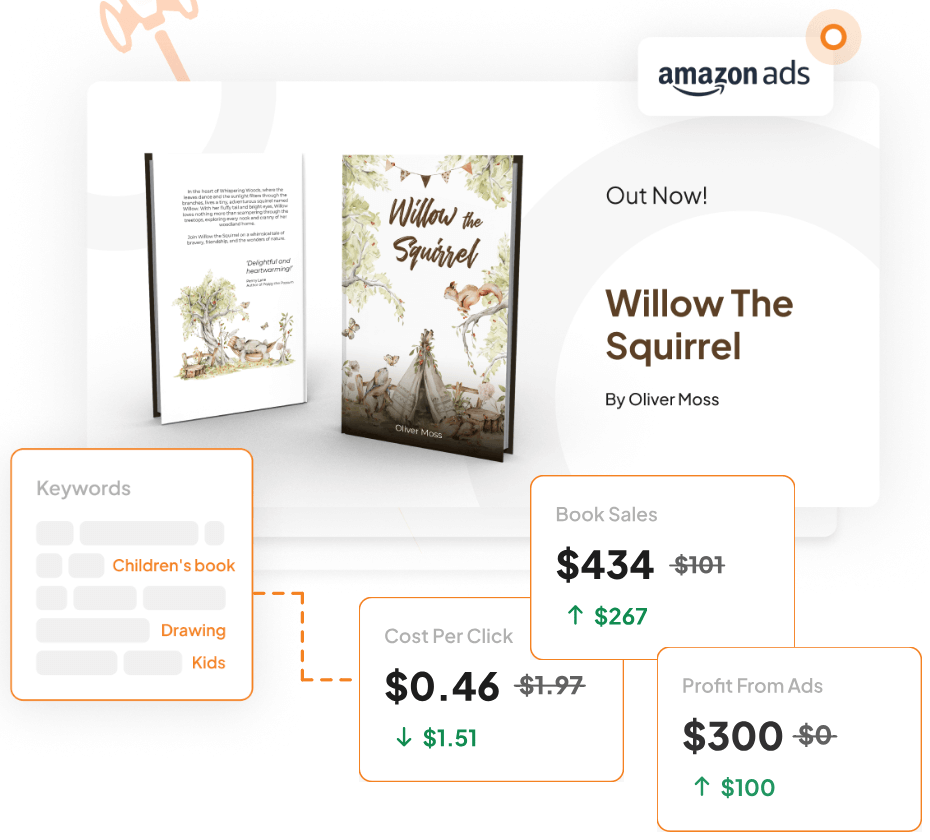
Engage with Other Art Forms
Art, music, and films are rich sources of inspiration. Visit a gallery, listen to a new genre of music, or watch a foreign film.
These experiences can offer fresh perspectives and new ideas, enhancing your storytelling abilities.
Explore the World Around You
Sometimes, stepping away from your desk and immersing yourself in the world can provide the creative jolt you need.
Whether it’s a walk in the park or a visit to a bustling market, observing life in action can inspire characters, settings, and plots.
- Take notes of interesting conversations or events.
- Pay attention to details like colors, sounds, and smells.
- Let your surroundings influence your narrative style.
Utilize Writing Prompts for Creative Sparks
Writing prompts are excellent tools for overcoming writer’s block. They provide a starting point, helping you to develop stories or essays from a simple idea.
Here’s a table with a few prompts to get you started:
| Prompt | Description |
|---|---|
| A mysterious letter arrives. | Who is it from, and what does it say? |
| The day the world stood still | Describe the events leading to this moment. |
| The day the world stood still. | Where do you go, and what do you see? |
Draw from Personal Experiences
Your own life is a wellspring of material. Reflect on past experiences, emotions, and relationships.
Use these as a foundation for your writing, adding depth and authenticity to your narratives.
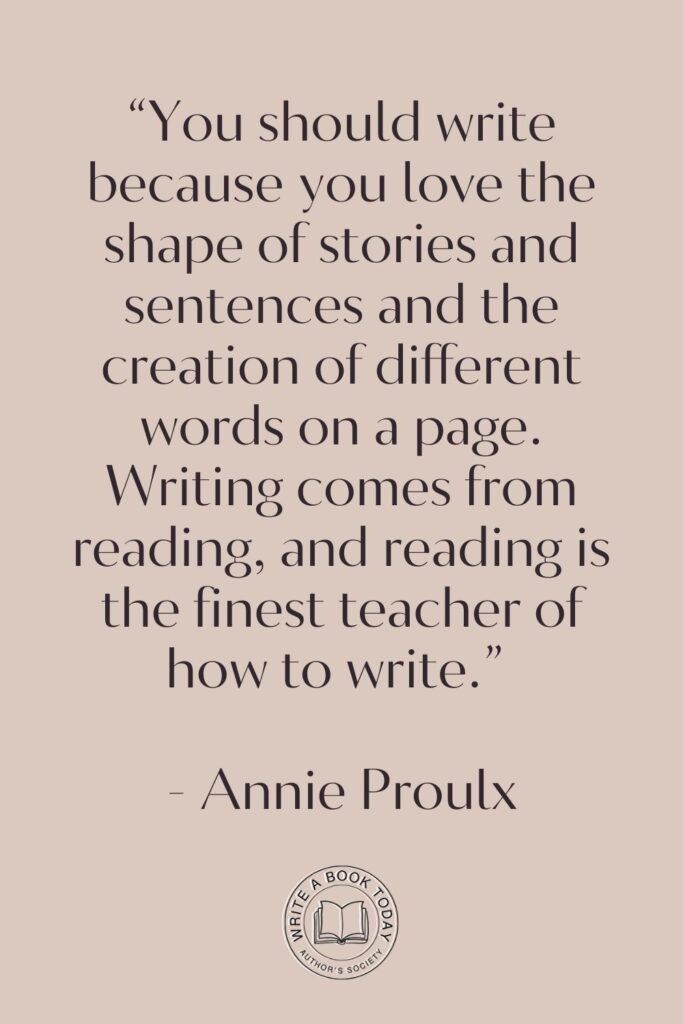
Changing Your Mindset for Creativity
Sometimes, the biggest obstacle to creativity is our mindset. Shifting your perspective can open new doors to inspiration.
Let Go of Perfectionism
Perfectionism can be a creative killer. Embrace the messiness of the first draft and allow yourself to make mistakes.
Remember, the first draft is about getting ideas down, not creating a masterpiece.
Set Manageable Goals
Breaking down your writing project into smaller, achievable goals can reduce overwhelm and make the task more manageable.
Celebrate small victories to maintain momentum and motivation.
Create a Supportive Writing Environment
Your environment can significantly impact your creativity. Create a space that inspires you, whether it’s a cozy nook at home or a vibrant café.
Ensure it’s free from distractions and conducive to deep thinking.
Google Docs is for notes. Scrivener is for novels. Upgrade your writing game and try it for free today!

Building a Routine to Foster Creativity
Consistency is key to nurturing creativity. Establishing a routine can help you develop discipline and make writing a habit rather than a chore.
Establish a Writing Schedule
Set aside dedicated time each day for writing. Whether it’s early morning or late at night, find a time that works best for you and stick to it.
Consistency will train your mind to expect and embrace creativity during these hours.
Incorporate Breaks and Downtime
Breaks are essential for maintaining creativity. Allow your mind to rest and recharge by taking short walks or practicing mindfulness.
A refreshed mind is more open to new ideas and solutions.
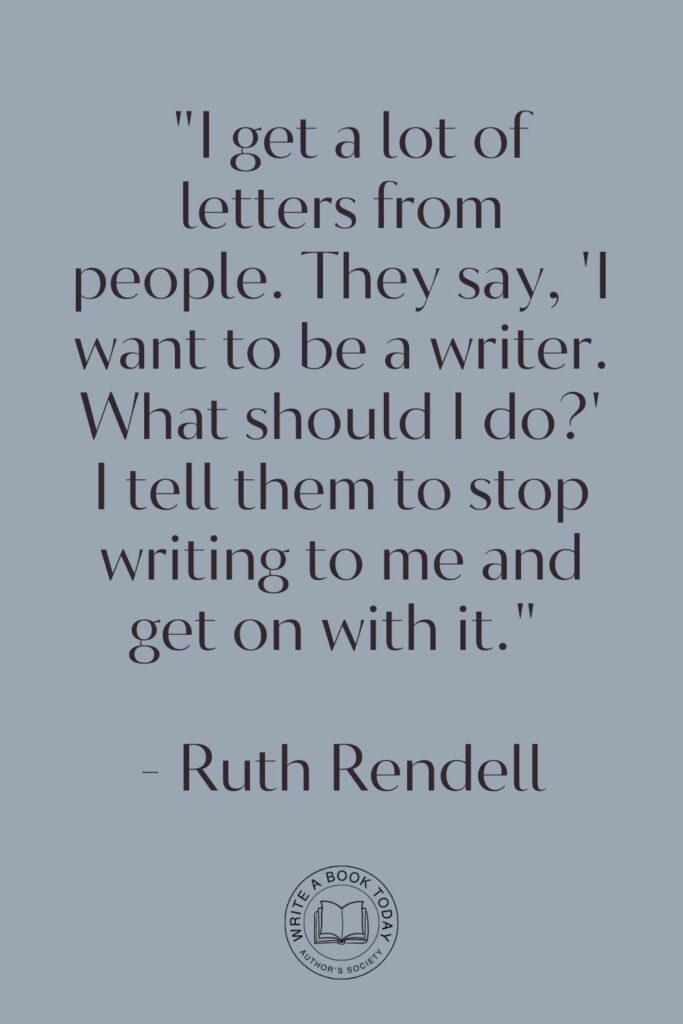
Fueling Your Creative Journey with Inspiration
Beyond personal strategies, external influences can play a significant role in fueling your creative journey.
Connect with Other Writers
Joining a community of writers can provide support, encouragement, and fresh perspectives.
Engage in writing groups or attend workshops to share experiences and gain insights from fellow writers.
Read Widely to Broaden Perspectives
Reading exposes you to different styles, cultures, and ideas.
It broadens your understanding of storytelling and can inspire new approaches to your own writing.
Seek Inspiration from Nature
Nature is a profound source of inspiration. Spend time outdoors, observing the beauty and complexity of the natural world.
Let it inform your writing and provide a backdrop for your narratives.
Feeling lost with your debut novel?
Fiverr Pro connects you with expert editors, designers, and marketers – everything you need to get your book ready for success!

Practical Tips for Overcoming Creative Blocks
Practical strategies can be effective in overcoming creative blocks and maintaining a steady flow of ideas.
Use Technology Wisely
Leverage technology to aid your writing, but be wary of its distractions.
Use apps and tools designed to enhance focus and organization, but disconnect from social media and other digital distractions during writing sessions.
Participate in Writing Groups
Engaging with writing groups can provide accountability and motivation.
Sharing your work and receiving feedback can offer new insights and drive you to continue developing your craft.
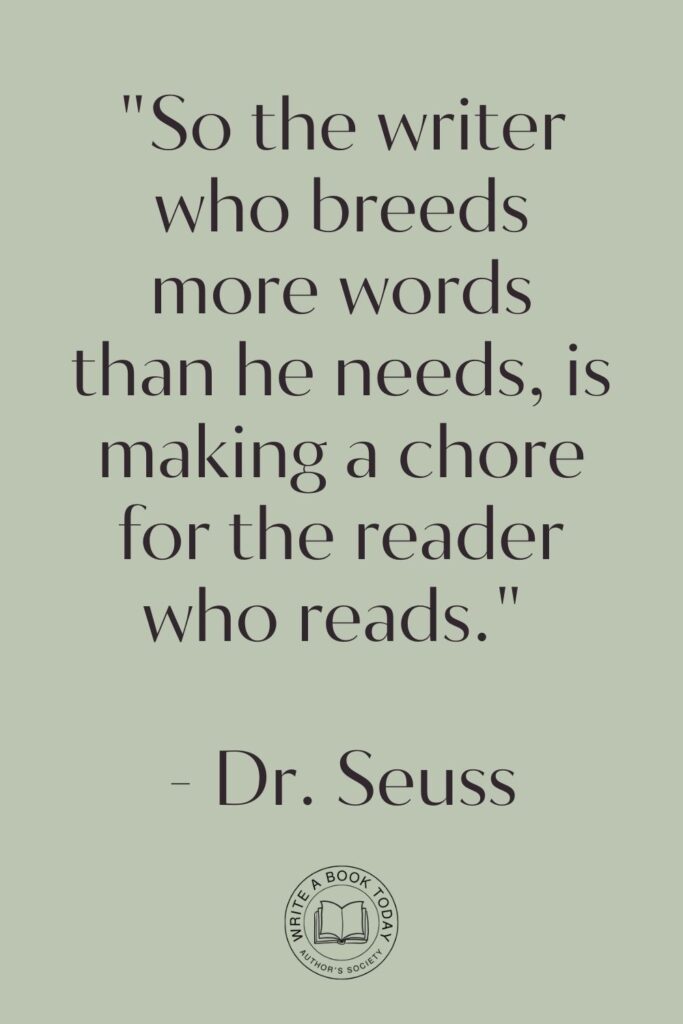
Keep an Inspiration Journal
Document your thoughts, ideas, and observations in a journal.
This practice can help capture fleeting inspirations and serve as a valuable resource when you’re searching for new ideas.
Your Path to Rediscovering Creativity
Reigniting your creativity is a journey, not a destination. Embrace the process and celebrate each step forward.
Celebrate Small Wins
Acknowledge and celebrate your achievements, no matter how small.
Each completed page or paragraph is a victory in itself and a testament to your progress.
Keep Experimenting with New Techniques
Don’t be afraid to try new writing techniques or explore different genres.
Experimentation can lead to unexpected discoveries and keep your creative spirit alive.
Remember, the journey to find writing inspiration is unique to each writer.
By embracing these strategies and maintaining a positive mindset, you can overcome writer’s block and unlock a world of creativity waiting to be explored.
Happy writing!
